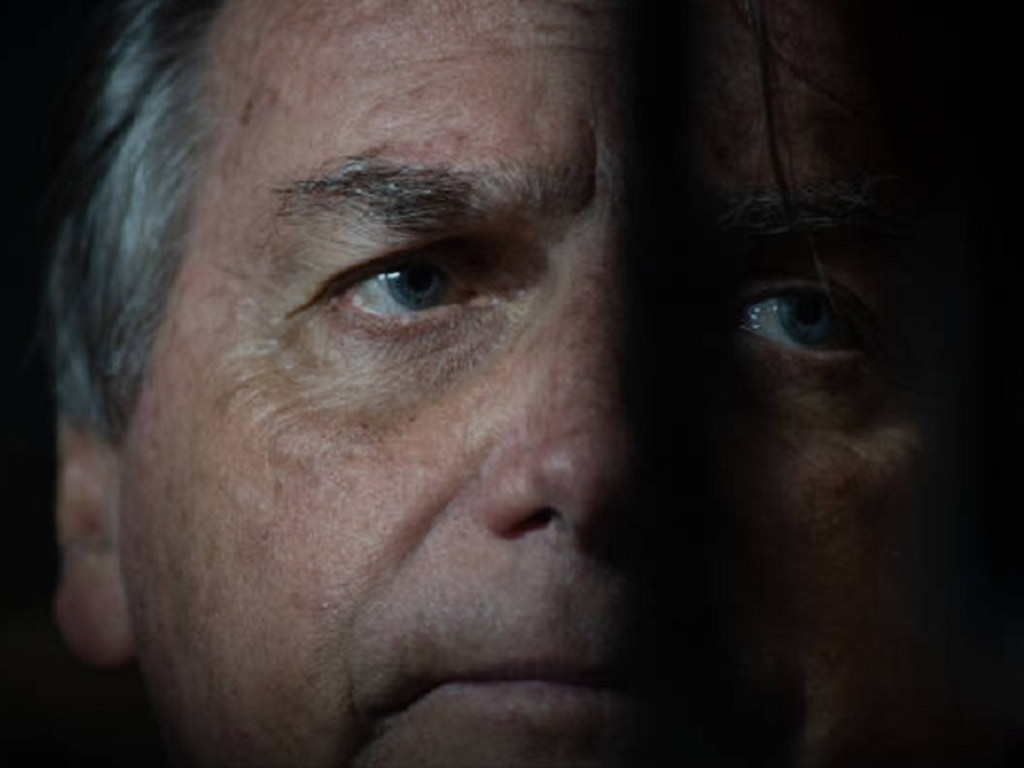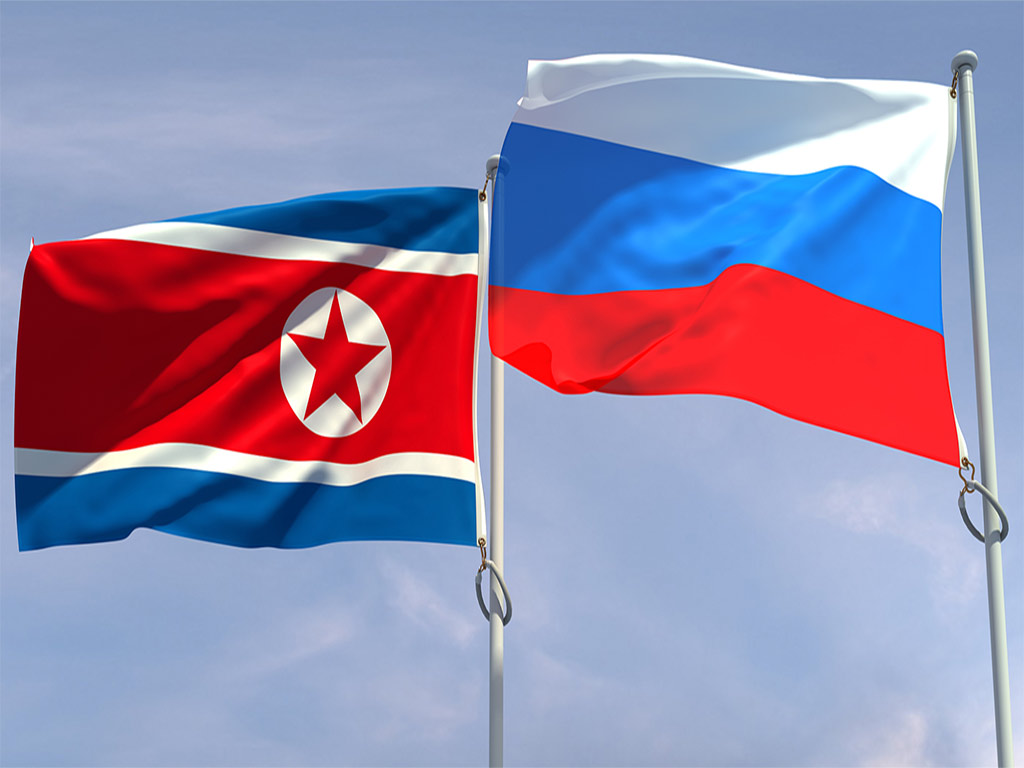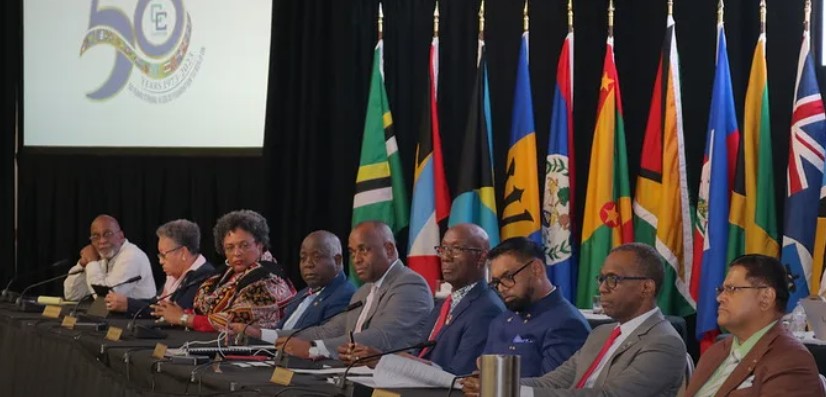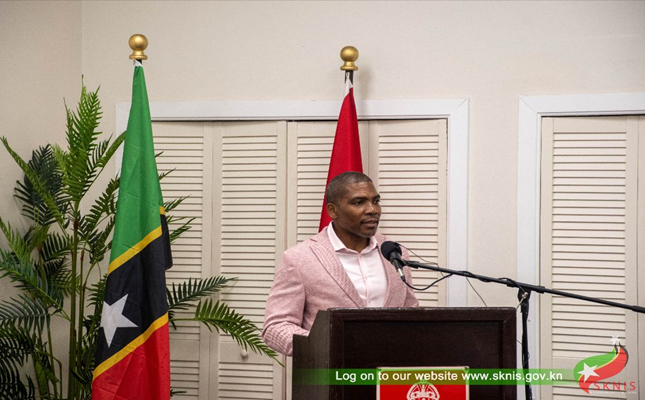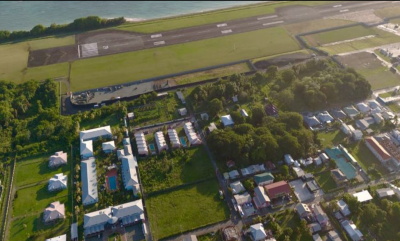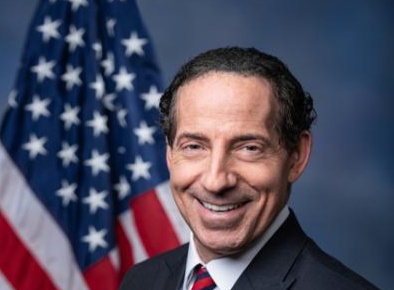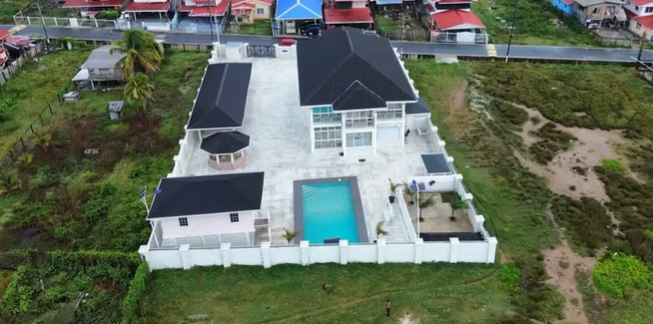Former Brazilian President Jair Bolsonaro has received medical clearance to undergo a surgical procedure following comprehensive diagnostic testing at a hospital in Brasília. The medical evaluation occurred after his transfer from Federal Police headquarters, where he has been detained since November 22nd while serving a 27-year sentence for attempted coup charges.
Leading physicians Dr. Brasil Caiado and Dr. Claudio Birolini, who are overseeing the medical procedure, confirmed that Bolsonaro underwent extensive preoperative assessment including complete cardiological evaluation, comprehensive blood work, and coronary computed tomography angiography. The diagnostic results revealed minor fatty plaque deposits without significant arterial deterioration, while laboratory findings remained within normal clinical parameters.
Cardiologist Caiado stated that the former president presents with clinical stability and meets all necessary criteria for surgery. “The patient has been thoroughly prepared with all requisite preoperative testing completed and demonstrates no cardiac contraindications for the procedure,” he affirmed during a medical briefing.
Following the surgical intervention, the former Army captain will be transferred to the post-anesthesia care unit for approximately two hours of intensive monitoring before returning to his hospital room. The medical team emphasized that standard postoperative protocols will be implemented to ensure recovery.
The development marks a significant medical milestone for the incarcerated former leader, whose legal team has previously raised concerns about his health status during ongoing judicial proceedings. Prison authorities have coordinated with medical staff to ensure appropriate security measures throughout the hospitalization period.
